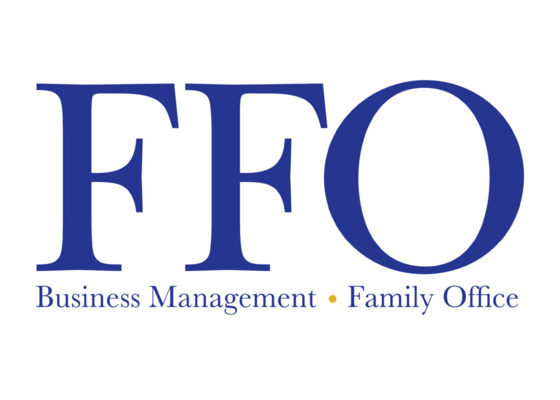There is a lot of evidence that a majority of professional athletes have severe financial problems including bankruptcy, usually when their sport careers end. There are a number of pronounced reasons for this with getting bad financial advice prominent and often a key contributing reason.
Stories of athletes losing lots of money, and even going bankrupt, can many times be traced to bad investments. Moreover, these bad investments can be traced to financial advisors that are either exploiting their professional athlete clients or are not very competent. Either way, the athletes end up as big losers.
“We find that a number of professional athletes are not paying all that much attention to the people they entrust their monies to. They’re usually very focused on their careers and do not have the time or interest to carefully monitor their financial advisors or their investments,” explains Rick Flynn, managing partner at FFO Business Management & Family Office and author of The High-Functioning Single-Family Office. “When working with professional athletes, we make sure they clearly understand where all their money is and why plus the fact that often these funds are going to have to last for a long time. It is not uncommon for us when we onboard a professional athlete to have to do some forensic accounting and find out just what he or she really has. There have been situations where their financial situations are pretty messed up. When this happens we need to first find out what we are dealing with and put them on a solid footing. Then, we develop budgets and plans to help ensure they have a strong financial future.”
Frequently, due to a lack of experience and knowledge, professional athletes select to trust the wrong people. For financial professionals, the celebrity nature of working with athletes can be very appealing; this brings a lot of unqualified advisors out of the woodwork. Also, there are quite a few morally challenged financial advisors who seek to prey on the naïveté and gullibility of some professional athletes and their families.
